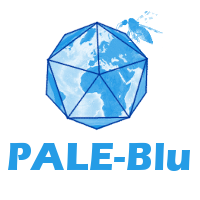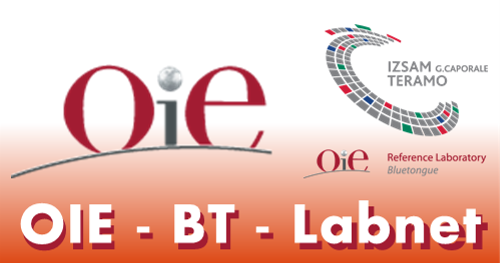Forums:
Source: https://euraxess.ec.europa.eu/jobs/690347
APPLICATION DEADLINE: 29/10/2021 21:00 - Europe/Brussels
Description. A 2-year post-doc position is open at the Spatial Epidemiology Lab (SpELL, http://spell.ulb.be) of the University of Brussels (ULB) to work on risk mapping of infectious diseases. The position is available immediately.
Background & context. The researcher will work in the context and as part of the H2020 MOOD project (“monitoring outbreak events for disease surveillance in a data science context”, https://mood-h2020.eu). The overall objective of this European project is to develop innovative tools and services for the early detection, assessment, and monitoring of current and potential infectious diseases threats in Europe in a context of global change, including climate change. MOOD outputs will be designed and developed with end users (health agencies, EU institutions, and national authorities) to assure their routine use during and beyond the project.
At the University of Brussels (ULB), the researcher will work on the project task related to risk mapping. Specifically, the researcher will implement state-of-the-art risk mapping techniques for different types of data that are relevant to the project disease systems. Risk mapping techniques based on Species Distribution Models (SDMs) will be applied to disease distribution data with a careful selection of predictor variables (the latter being prepared in collaboration with other MOOD partners). The researcher will have to explore relevant proxies for animal density (wild fauna and livestock) and will also be involved in the comparison of risk analyses produced for different types of diseases (avian influenza, West Nile virus, tick-borne encephalitis, COVID-19) and diseases sources (e.g. traditional surveillance vs. text mining based on news and social networks). Species distribution and risk maps produced during the project will be available on the MOOD platform in relation to end-user needs. In addition, there is the objective to build a tool to import, process, and merge predictor variables with the health/disease data owned by specific end-users.





